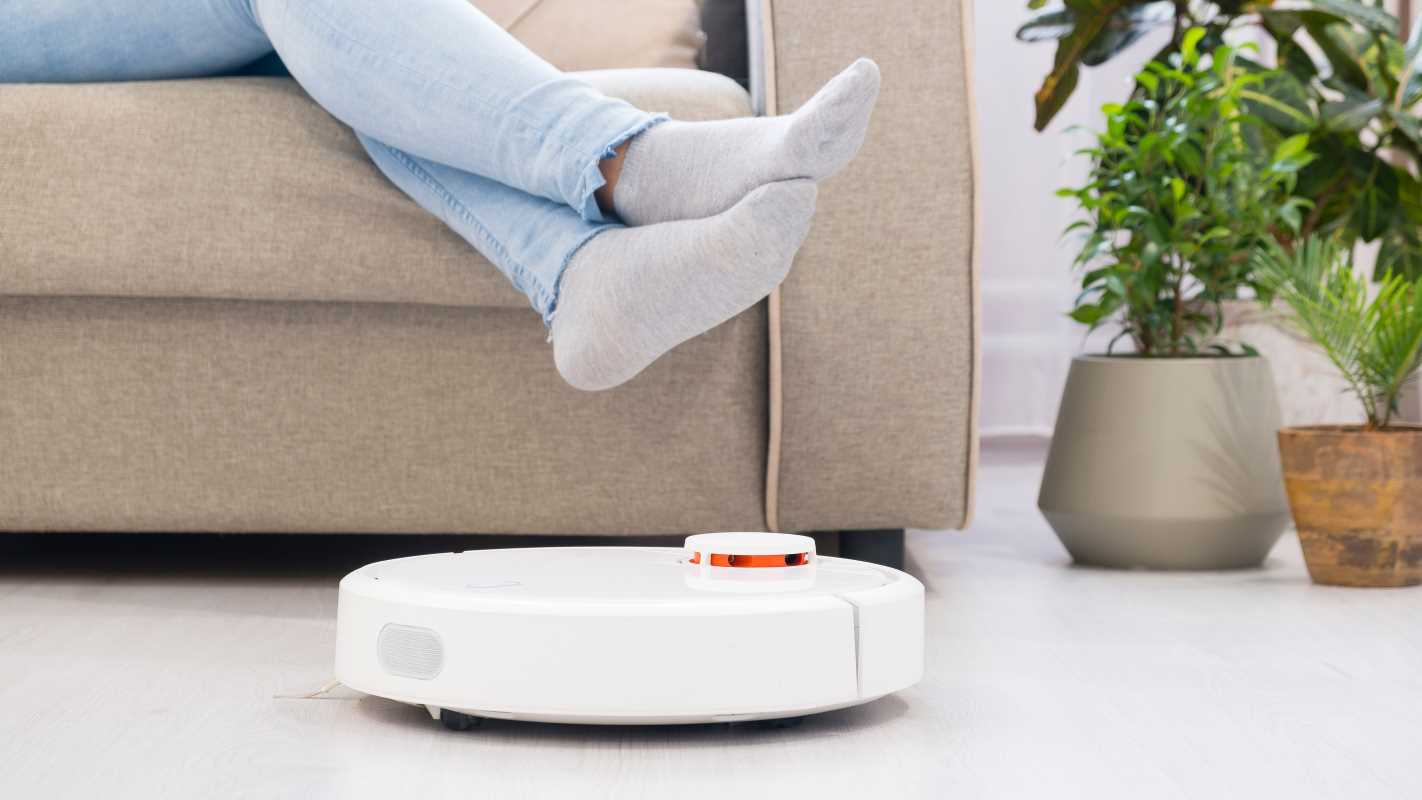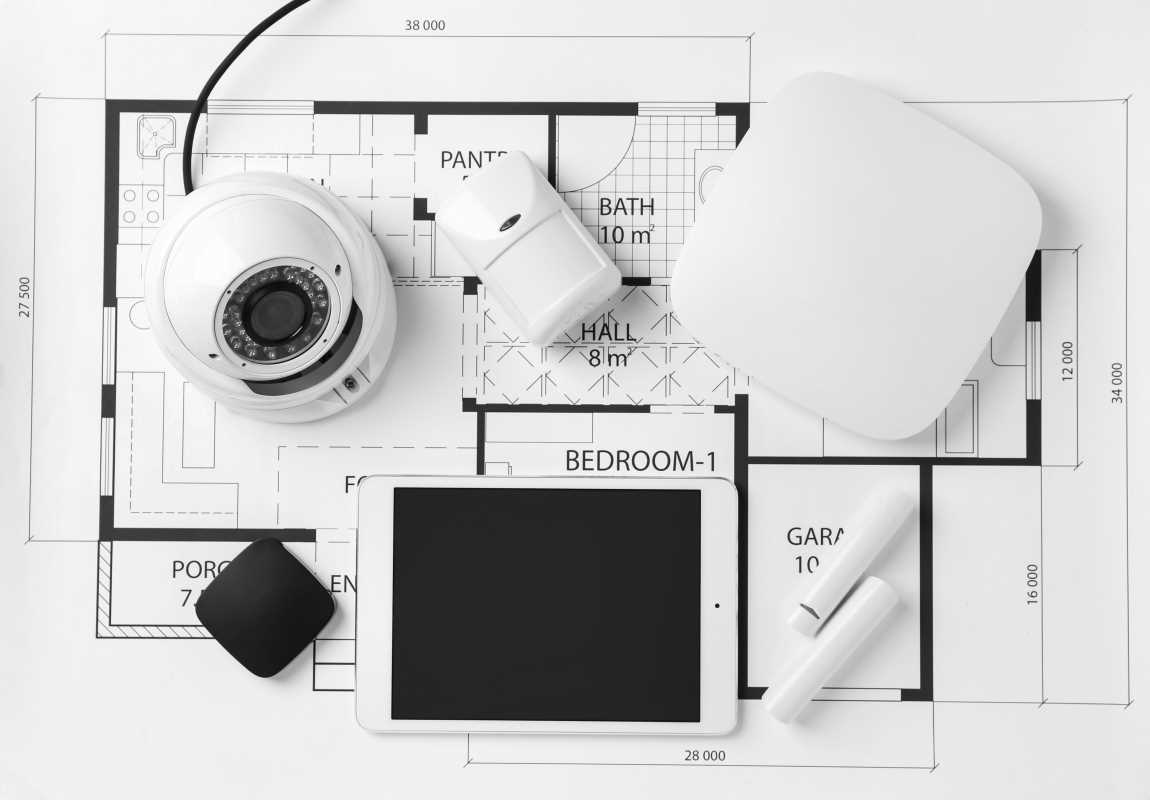Small changes in home maintenance often lead to noticeable savings on utility bills without sacrificing comfort. Keeping up with routine tasks, such as sealing drafts or checking insulation, helps your home use energy more efficiently and keeps costs down. Setting aside just a few moments each month to tend to these details can keep your living space cozy and your expenses under control. Simple actions, like adjusting your thermostat or cleaning air filters, support a more efficient household. Over time, these efforts create a pleasant environment while reducing the strain on your budget, proving that maintaining your home does not need to be complicated.
When you take the initiative to care for your home proactively, you also begin to understand the unique quirks that drive energy consumption. Small, regular efforts not only reduce expenses but also extend the life of your systems and appliances, ensuring that every dollar spent contributes to a smoother-running household.
The Hidden Power of Regular HVAC Maintenance
Your heating, ventilation, and air conditioning system works hard to keep your home comfortable. Regular HVAC maintenance can lead to significant utility savings by improving efficiency and reducing the need for costly repairs. Simply keeping the system clean and well-tuned prevents energy waste that drives your bills upward.
Taking the time to inspect and maintain the HVAC system also boosts indoor air quality—adding value in more ways than one. This small investment in upkeep is a win-win situation, letting you enjoy better performance and lower energy costs month after month. A quick list of tasks can guide you through the basics:
- Replace or wash filters on a monthly basis to ensure optimal airflow.
- Clean the vents and registers to prevent dust buildup that lowers efficiency.
- Inspect and clear debris from outdoor units to maintain proper heat exchange.
- Schedule biannual professional tune-ups to catch issues early.
Smart Water Usage: Lower Bills with Simple Fixes
Water is another essential component of your utility bills, and making small tweaks can lead to noticeable savings. Leaks and inefficient fixtures often add up over time, draining both water resources and money. Check your faucets, hoses, and pipes to identify areas where you can save water without sacrificing comfort.
Simple changes and routine inspections can reduce water waste and subsequently lower your monthly bill. Here are a few numbered steps to get started on water-saving maintenance:
- Locate and repair any dripping faucets or showerheads, as even a slow leak can waste gallons of water over time.
- Install water-saving showerheads and faucet aerators to reduce flow without diminishing performance.
- Check your irrigation system for proper alignment and leaks, ensuring you water only when and where it’s needed.
- Monitor your water meter regularly to quickly catch abnormal usage patterns that signal leaks.
- Flush out sediment from your water heater to improve heating efficiency and prolong the appliance’s lifespan.
Insulation and Sealing: Preventing Energy Loss
A well-insulated home acts as a barrier against both the cold and the heat. Proper insulation and effective sealing ensure that conditioned air stays inside while external temperatures stay at bay. This reduces the workload on heating and cooling systems, making your home more energy efficient and your utility bills easier to manage.
Inspect your insulation periodically, especially in attics, basements, and around windows and doors. Look for gaps, cracks, or worn-out materials that compromise efficiency. Small fixes like adding weather stripping or replacing damaged insulation can have a big impact over the course of the colder or hotter months, ultimately saving you money and making your home more sustainable.
Lighting Upgrades for Energy Efficiency
Lighting plays a significant role in power consumption throughout the day. Upgrading to energy-efficient options, such as LED bulbs, can dramatically cut the electricity used for illumination. Modern lighting technology doesn’t just save energy—it also lasts much longer than traditional bulbs, reducing both waste and replacement costs.
Changing your lighting is a straightforward project that yields immediate benefits. By switching out older bulbs and using smart lighting controls, you not only brighten your space but also lower the total energy drawn from your home’s power grid. Consider these simple lighting enhancements:
- Replace incandescent or fluorescent bulbs with LED alternatives in every room.
- Install motion sensors in less frequently used areas to avoid unnecessary energy use.
- Opt for dimmer switches to adjust brightness based on current needs rather than full illumination at all times.
- Use natural light by keeping windows clear of obstructive coverings, reducing dependency on artificial lighting.
Appliance Checks: Ensuring Peak Performance
Appliances quietly work behind the scenes and can become energy hogs if you don’t maintain them properly. Regular inspections and timely repairs help each appliance run efficiently. Spending a few minutes checking on your Refrigerator, washer, dryer, and even smaller devices can prevent energy waste and extend their lifespan. This routine care not only saves money but also postpones the need for expensive replacements.
As you listen for unusual sounds or inspect seals and motors, you ensure every device operates at its best. For example, keeping coils on the Refrigerator clean ensures that the unit doesn’t overwork itself during hot days. If something feels off, don’t hesitate to call a professional to prevent a minor issue from turning into a costly repair.
Consistent home maintenance involves small but powerful improvements that lead to considerable savings over time. Dedicating a little effort to HVAC upkeep, water conservation, proper insulation, lighting upgrades, and appliance checks can dramatically lower your utility bills while making your home more comfortable. These actions do more than reduce costs; they enable you to take full control over your energy use.
Make simple, smart changes to your home care routine to save money and increase comfort. You will see lasting benefits as your home runs more efficiently.
 (Image via
(Image via





